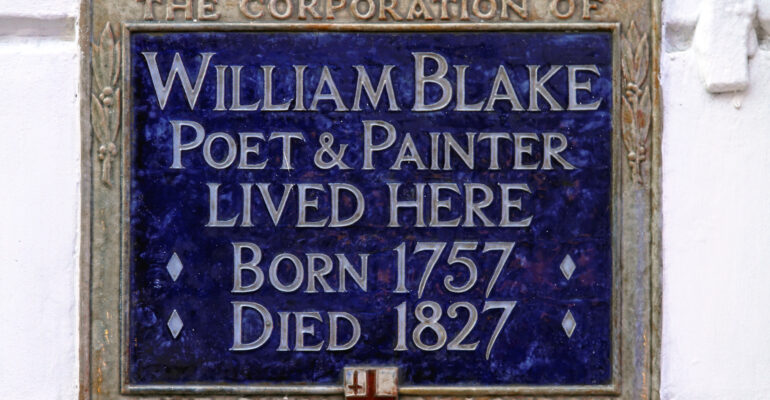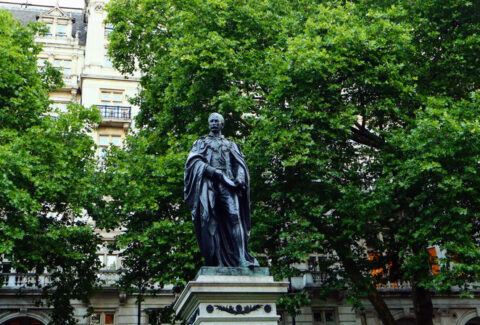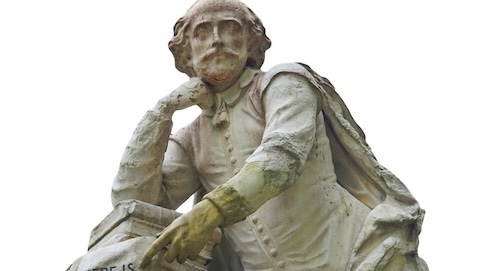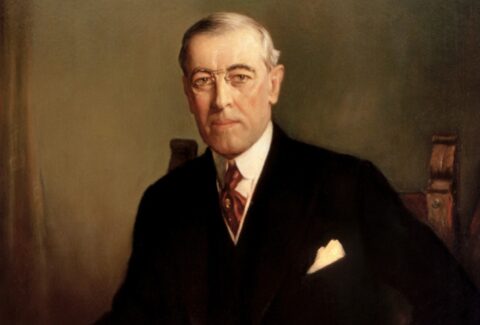William Blake’s Visionary Insights: Nurturing Mental Well-being through Imagination

William Blake’s Visionary Insights: Nurturing Mental Well-being through Imagination
William Blake[1], the visionary poet, artist, and mystic, left an indelible mark on literature and art with his profound and imaginative works. This article explores the connection between William Blake’s visionary insights and the crucial need for leaders who embody his spirit in promoting mental health and mental health care.
Imagination as a Gateway to Mental Liberation
Blake’s emphasis on imagination as a source of knowledge and liberation inspires mental health leaders to recognize the transformative power of creativity.[2] Advocating for imaginative therapies and interventions provides individuals with tools to explore their inner worlds, fostering mental liberation and well-being.
Symbolism and Personal Reflection in Mental Health
Blake’s symbolic works encourage personal reflection and introspection.[3] Mental health leaders can draw from his use of symbolism to develop therapeutic programs that guide individuals in understanding their emotions and experiences. Symbolic expression contributes to enhanced self-awareness and emotional processing.
Integration of Art and Mental Health
Blake’s dual identity as a poet and artist prompts mental health leaders to explore the integration of art into mental health care.[4] Advocating for art therapy and creative expression programs allows individuals to communicate complex emotions visually, contributing to improved mental clarity and well-being.
Embracing Individuality and Uniqueness
Blake’s celebration of individuality[5] aligns with the need for mental health leaders to foster environments that embrace uniqueness. Advocating for personalized mental health care recognizes and respects individual differences, contributing to a more inclusive and tailored approach to well-being.
Exploring the Depths of the Subconscious
Blake’s exploration of the subconscious mind[6] encourages mental health leaders to delve into the depths of the psyche. Promoting psychoanalytic approaches and dream analysis contributes to a deeper understanding of individuals’ mental landscapes, facilitating therapeutic insights and growth.
Poetry as a Therapeutic Medium
Blake’s poetic expression serves as a therapeutic medium, evoking emotions and contemplation.[7] Mental health leaders can incorporate poetry into therapeutic interventions, providing individuals with a tool for self-reflection and emotional expression that transcends traditional forms of communication.
Spirituality and Mental Well-being
Blake’s mystical and spiritual[8] themes prompt mental health leaders to recognize the intersection of spirituality and mental health. Advocating for holistic approaches that honor diverse spiritual beliefs contributes to a comprehensive understanding of well-being and fosters a sense of inner peace.
Integration of Mythology in Mental Health Narratives
Blake’s use of mythology in his works inspires mental health leaders to integrate mythological narratives into therapeutic practices. Utilizing mythic frameworks allows individuals to explore their own life stories, providing a sense of purpose and coherence in the face of mental health challenges.
Nature as a Source of Healing
Blake’s connection to nature[9] encourages mental health leaders to endorse ecotherapy and nature-based interventions. Advocating for outdoor activities and nature immersion contributes to reduced stress, improved mood, and a sense of connection to the natural world, enhancing overall mental well-being.
Nurturing the Inner Child
Blake’s appreciation for the innocence of childhood prompts mental health leaders to emphasize the importance of nurturing the inner child. Developing programs that encourage play, creativity, and a sense of wonder contributes to emotional healing and the restoration of joy in individuals’ lives.
Conclusion: William Blake’s Legacy in Mental Health Advocacy
In a world where mental well-being is increasingly recognized as a multidimensional concern, William Blake’s visionary legacy offers profound insights. The world needs more leaders who, like Blake, appreciate the transformative potential of imagination, individuality, and the integration of art and spirituality in mental health care. By drawing inspiration from his enduring legacy, mental health leaders can contribute to creating a society where individuals are encouraged to explore the depths of their inner worlds, embrace their uniqueness, and find solace in the creative expression of their mental landscapes. William Blake’s legacy remains a guiding light, inspiring mental health advocates to celebrate the visionary spirit as an integral component of mental well-being for a more enriched and imaginative world.
[1] Raine, Kathleen. William Blake. Ardent Media, 1970.
[2] Rahaman, Moshiur, and Umme Rooman. “Blake’s Concept of Imagination: A Philosophical Exploration.”
[3] Blunt, Anthony. “Blake’s’ Ancient of Days’: the Symbolism of the Compasses.” Journal of the Warburg Institute 2.1 (1938): 53-63.
[4] Simpson, Philippa. “‘Mental Joy & Mental Health/And Mental Friends & Mental Wealth’: Blake and Art Therapy.” Blake 2.0: William Blake in Twentieth-Century Art, Music and Culture. London: Palgrave Macmillan UK, 2012. 132-145.
[5] McDonald, Megan M. “Blake Against the Machine: Radical Individualism.” (2021).
[6] Clarke, William F. “The Significance of William Blake in Modern Thought.” The International Journal of Ethics 39.2 (1929): 217-230.
[7] Hedges, Diana. Poetry, therapy and emotional life. CRC Press, 2017.
[8] Rix, Robert W. “Healing the spirit: William Blake and magnetic religion.” Romanticism on the Net 25 (2002).
[9] Lefcowitz, Barbara F. “Blake and the natural world.” PMLA 89.1 (1974): 121-131.






